
Turning Normal Cities into Smart Cities
Most of the recent articles about smart cities have originated in (or are about) India, where the Prime Minister has vowed to create 100 smart cities. Unlike projects aimed at creating smart
In this blog, we discuss cognitive computing and other technologies with a focus on supply chain management and innovation. Other topics of discussion include digital enterprise transformation, marketing, the Internet of Things, and smart cities. Our goal is to advance the public discussion about how cognitive computing and other advanced technologies affect the world in which we live.
Bradd C. Hayes is the active editor of this blog.

Most of the recent articles about smart cities have originated in (or are about) India, where the Prime Minister has vowed to create 100 smart cities. Unlike projects aimed at creating smart

Around the globe the topic of smart cities is beginning to catch on. India, for example, has established an ambitious goal of creating 100 smart cities. All of this talk begs the
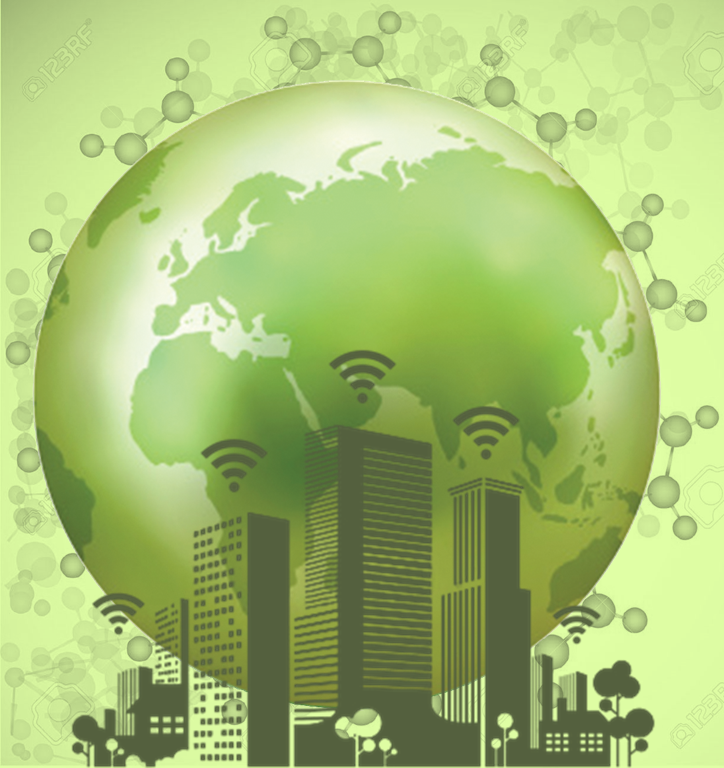
In previous articles about smart cities, I have stressed the importance of implementing “people-first” strategies. After all, the whole point of smart city initiatives to is to make urban environments better places

“People move to urban areas in search of more jobs and a better life,” writes Axel van Trotsenburg, the World Bank’s Vice President for East Asia and Pacific Region. “However, urbanization comes
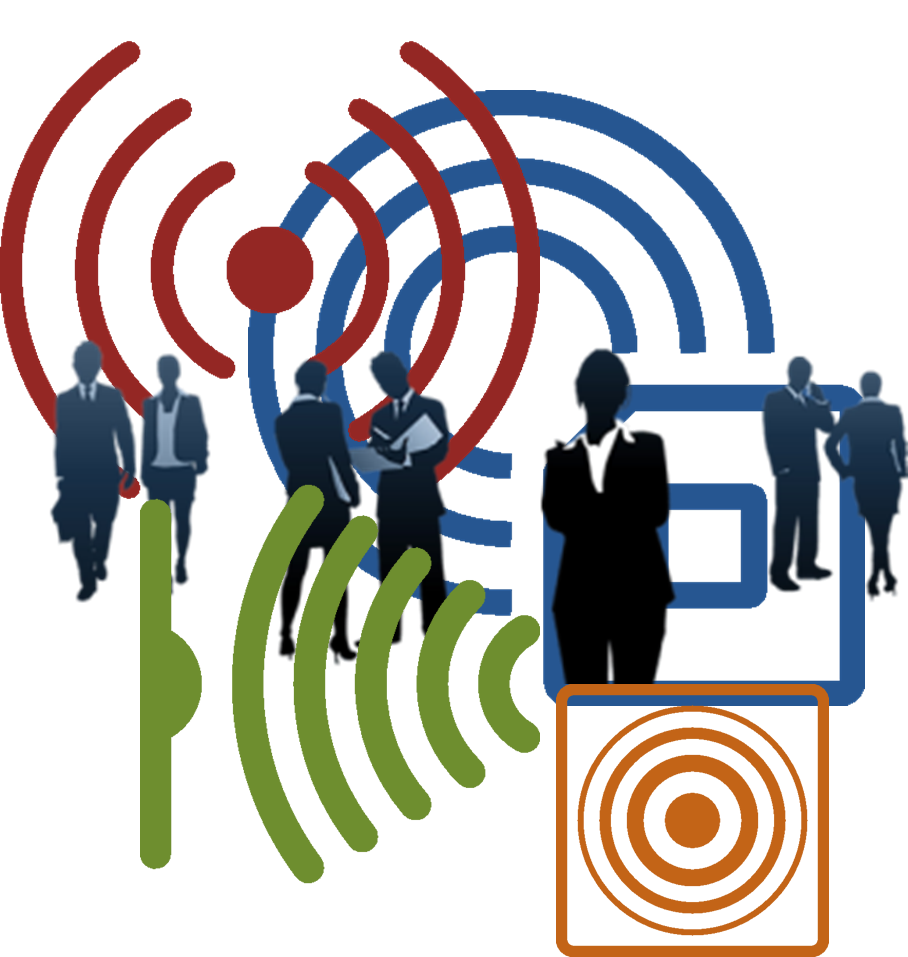
“The Smart Cities movement is sometimes criticized for appearing to focus mainly on the application of technology to large-scale city infrastructures such as smart energy grids and intelligent transportation,” writes Rick Robinson
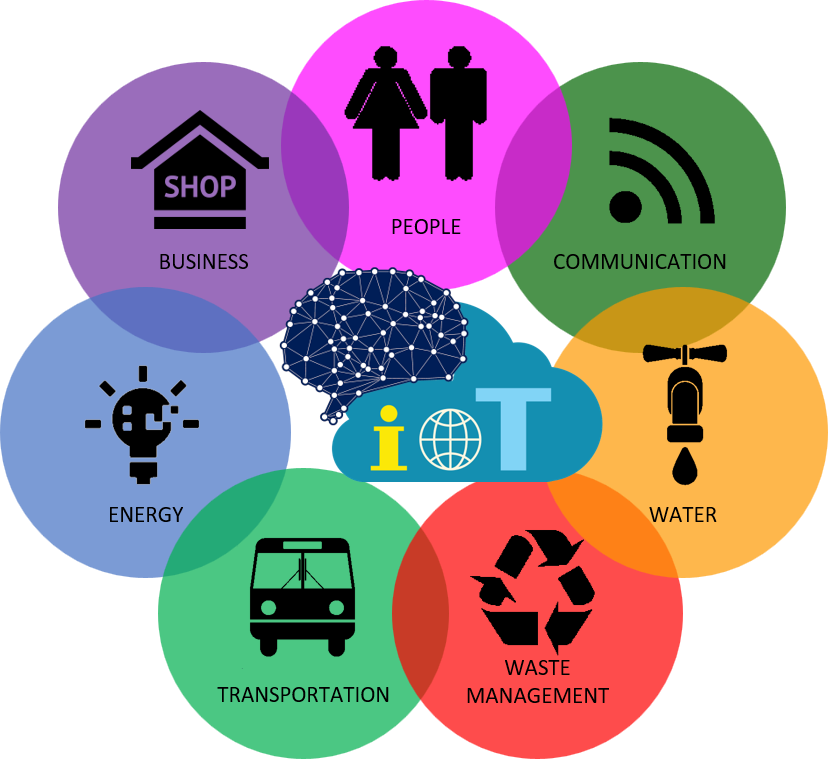
Kanumury Radhesh (@radhesh_k), leader of the Global Entrepreneur Program for IBM India and South Asia, offers this definition of a smart city: “A Smart City uses technology to enhance quality, wellbeing and
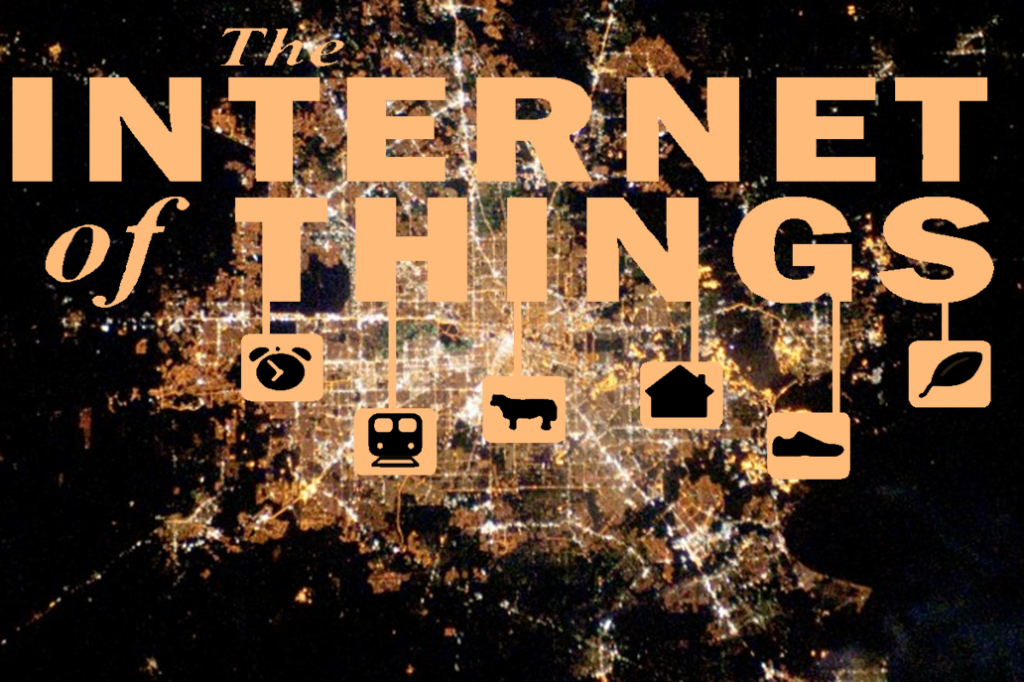
“Machines can make cities smarter,” declares Spyros Salpeas, Head of Global Services, MENA, at Orange Business Services. “Machine-to-machine (M2M) — also known as the ‘internet of things’ — technology, designed to communicate
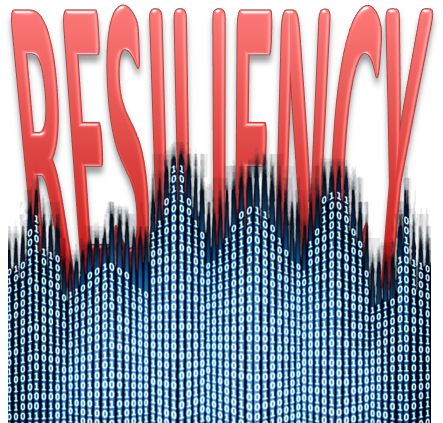
Smart city discussions are almost always based on technology and how that technology can be used to improve the systems that make urban areas work. Efficiency, however, isn’t the only factor that
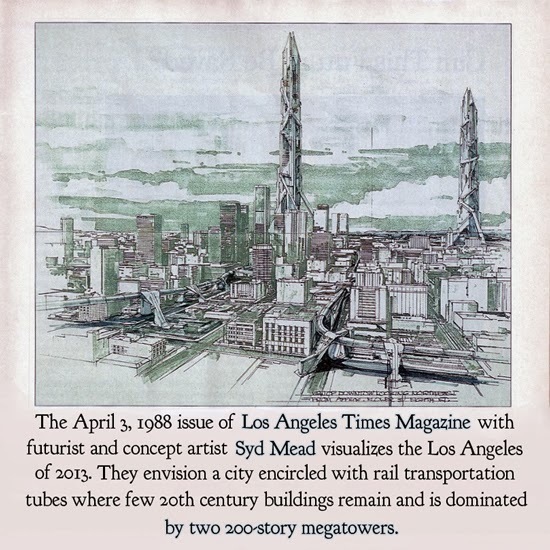
Predicting what cities of the future would look like has been a source of speculation for centuries. Isaac Asimov, the brilliant science fiction writer and renaissance man, once predicted that by 2014
Kamu Iyer, a veteran Mumbai architect, devotes a chapter in his book “Bombay from Precincts to Sprawl,” to discussing what architects can do to design urban environments in ways that account for
All Rights Reserved. Privacy Policy | Terms and Conditions ©2024 Enterra Solutions LLC® | Click for Accessibility

inquiries@enterrasolutions.com

One of our team members will reach out shortly and we will help make your business brilliant!